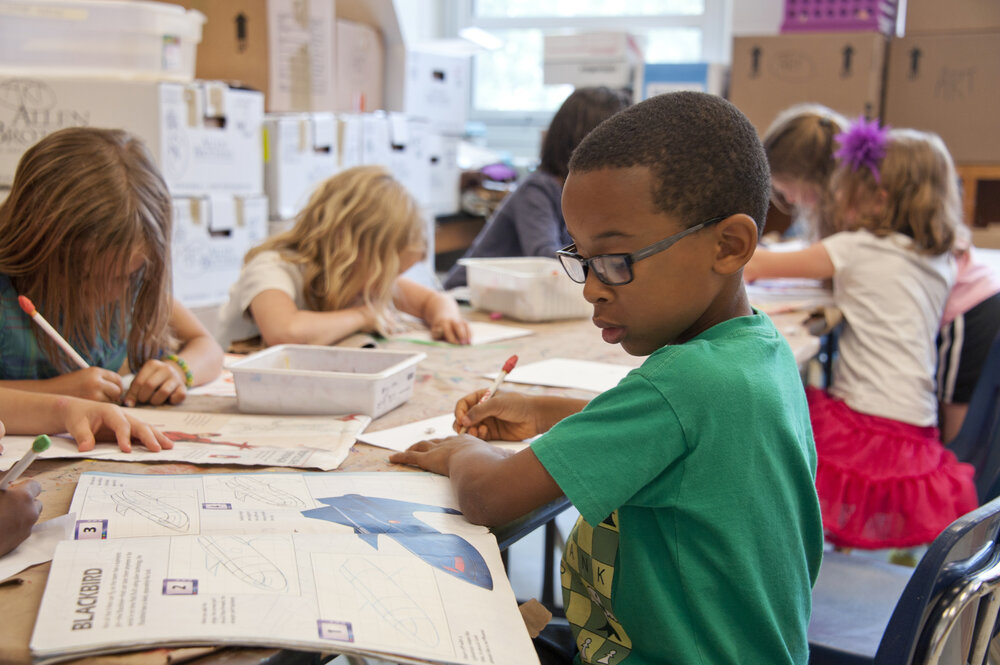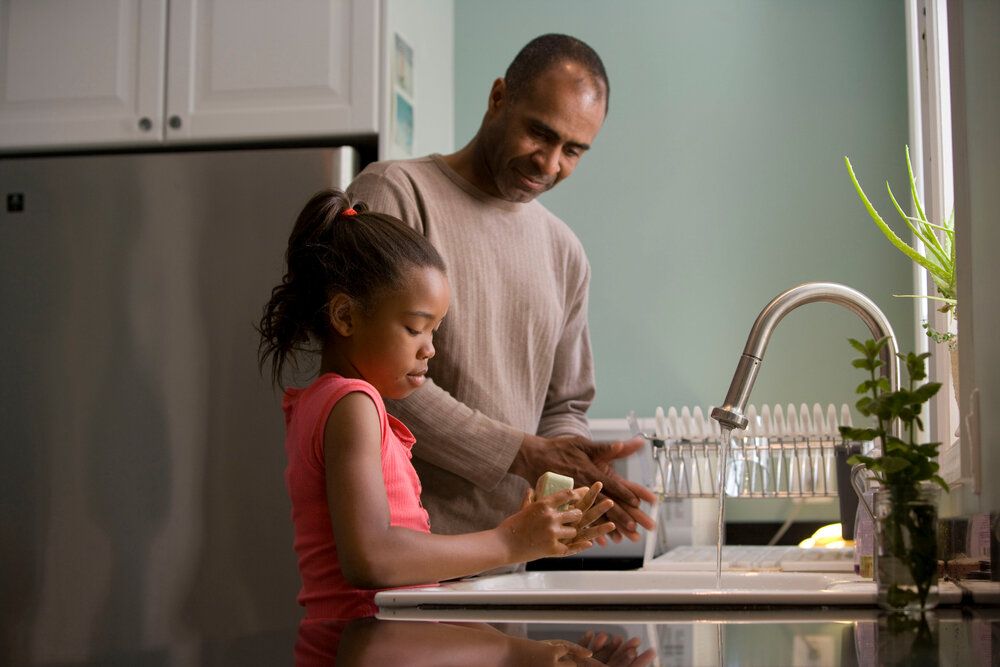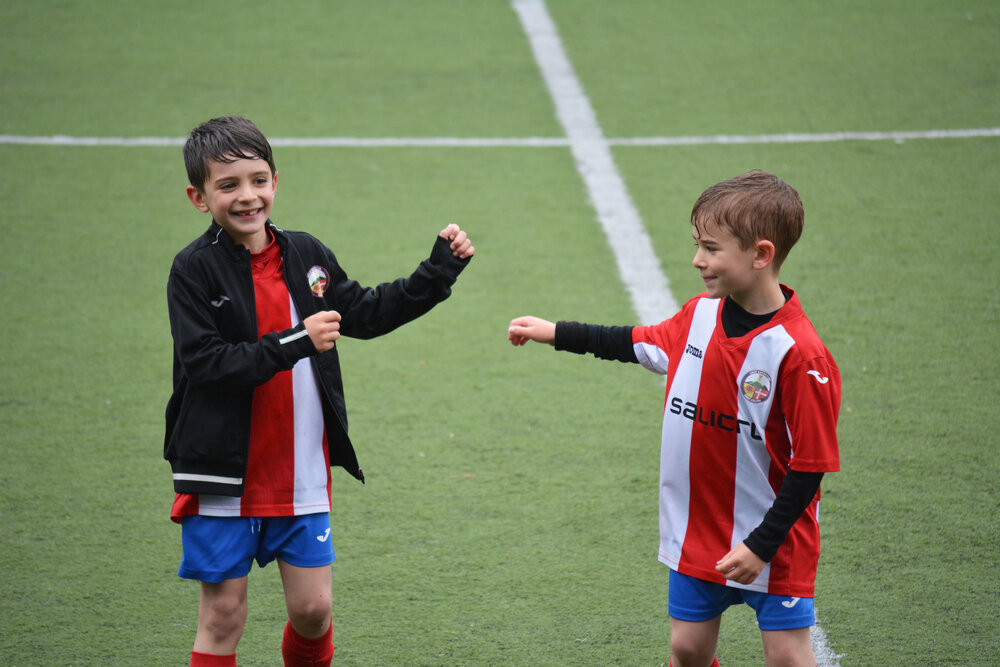Returning To School – Thinking About Mental Health and Building Supportive Environments

As teachers and head teachers think about their students returning after the extraordinary experience of lockdown, it’s vital to consider young people’s mental wellbeing.
We offer here some thoughts and questions to guide those involved in this unprecedented situation. Usefully, there is some research about returning to schools in Africa after the Ebola virus outbreak, although some relevant insights from similar experiences can inform our thinking. But we are creating constructive practices together. Most important is that we should adjust our expectations and priorities, for an unrelenting focus on academic outcomes, and intense efforts to compensate for lost time, would be unproductive, although a return to more familiar everyday practices will surely be welcomed by most young people. However, we know it won’t look or feel like before.
What do we know?
We know that:

Vulnerable groups and individuals
Young people will be differently affected.
Some young people living in difficult or vulnerable settings may be affected more than others. Schools have already been working to support these students but it is worth considering if you are aware of all the vulnerable students in your school and whether there are supportive opportunities for children to talk e.g. the school counsellor or a particular teacher close to the child e.g. the class or form teacher.
Some young people will have been caught up in the criminal justice system as a result of doing perfectly ordinary things that happened to breach the lockdown i.e. being in touch with their friends (either through meeting up in public spaces, or attending parties at friends’ homes). This may still be hanging over them as they return to school, so awareness of these wider stressors on children’s lives will be important to the young people.
Supporting parents/carers and families in adapting to the new challenges that the Covid-19 pandemic represents for education delivery and support is essential. Online delivery of education service and supports will likely become an increasing feature of the student, teacher, parent and family experience. Providing support at the interface of family and school support is essential. It is becoming clear, though, that connected resources are not reaching the students who are often most in need, whether because they lack online access or because of other problems at home.
It’s vital to take steps to respond to the immediate needs of highly vulnerable young people and to use existing services, which will be under pressure, and to think of how to offer appropriate support from the school’s existing resources.
There will be a need to liaise with mental health and other support services to plan and organise responsibilities for vulnerable students. If possible, think of ways to co-construct plans and resources with these students, for they may know better than anyone what they need.

Friends and peers
Reconnecting with peers. The main reason that young people will really want to return is to see their friends, and the peer group is a potentially significant source of support for young people. But keep in mind that not all will be keen to return to school, and some find the school environment difficult or hostile.
Some young people could be isolated at this time and so thinking though the identification of the potentially vulnerable and how to include them into peer support systems is important.
A new appreciation for achieving a balance between online and in person interactions. Lockdown has left young people with little choice but to engage online - with school homework, family, friends and the wider world. Returning to school brings an opportunity for reflecting and balancing online/offline connections and reflect on the value of peer contact.
Peer talking. It is important to keep it constructive with opportunities to share and and channel any difficult experiences and equally important not to amplify emotion and difficulty. Young people can help each other by sharing ideas of things that helped in times of difficulty.
Young people often turn to the internet for support, whether from anonymous helplines or peer mentoring or other resources. A school webpage could usefully provide links to these – and again, this could be co-produced with students.
Establishing buddy systems can be useful. Many young people find it easier to get someone else to ask for help on their behalf or to come to talk in pairs.
Belonging, connection and relationships
A feeling of belonging to a school, a class or a small group is a powerful contributor to mental health and wellbeing, as is being connected to others, whether peers or adults. This is going to be difficult given social distancing but there are small ways in which this can be done. If possible, when rearranging chairs in the classroom, think about how spaces can communicate welcome and belonging – for instance, a circle of desks can feel more supportive than rows.
The curriculum
The curriculum can offer some powerful ways in which young people can explore feelings and experiences without it being too re-stimulative or exposing. The creative subjects offer opportunities for young people to explore their experiences indirectly and in ways that suit them i.e. through story, art or drama. History too can make a contribution by studying similar experiences as can science in exploring issues around disease. These last two areas might help to address the aspects particular related to their disciplines. We know that young people prefer often to talk though metaphor or in distancing ways such as telling a story about some one else.
Messages in interactions – Agency or self-efficacy
It would be helpful if teachers and other staff thought about the psychosocial messages being conveyed by their actions and words. It is helpful if young people are supported to make a difference, and to draw on their creativity and problem solving capacities at this time, and so to gain some sense of hope and control.
Fun and the Physical
Physical release, play and fun are key at this time. The school contribution can be considerable here and this should be taken seriously as a stress reliever. Many young people store their anxiety in their bodies and minds, exercise and fun activities helps to process stress and anxiety.
Colleen McLaughlin, Gordon Harold, Sonia Livingstone, Tamsin Ford, Elvira Perez Vallejos, Susan McVie
